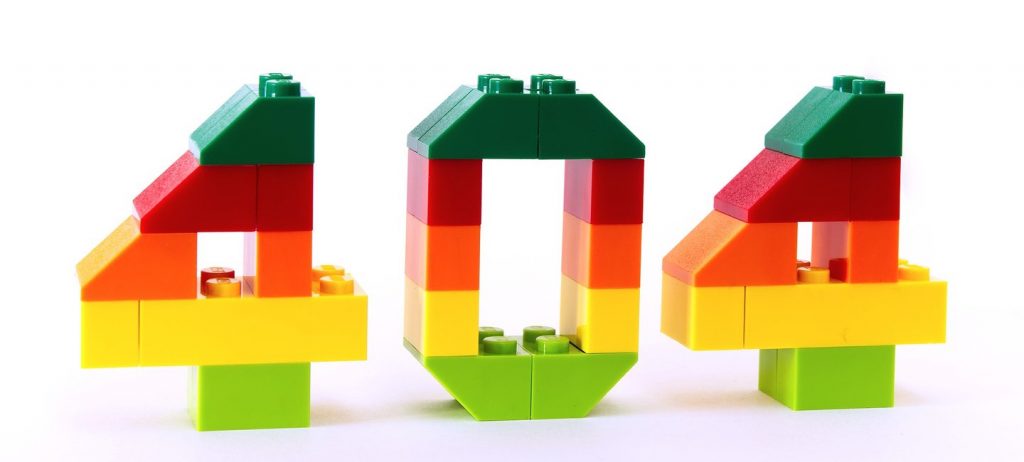For a large fraction of people that start out with online businesses, search engine optimization strategies mostly revolve around keyword rankings. But search has evolved, and so have SEO techniques.
Keywords are still important — make no mistake — but there is much more to a solid SEO strategy.
Google changes algorithms at a whim, and you have to be on top of your game if you want to avoid search engine penalties. And while quality, trustworthy content is still the key factor in the saturated web of today, there are some mistakes that you need to absolutely avoid.
Here are 5 of them:
Not registering your websites with Bing
Sure, Google is still numero uno when it comes to search engines, but there is world beyond the world’s biggest search service. You cannot ignore Bing and Yahoo with their combined US market share that is just shy of 29%. The 67% of Google is important, but make sure you do not miss out on the rest.
Slow page loading speeds
Now this is a mistake that is relatively easy to fix. Faster loading websites are ranked higher. Ideally, you are looking at a couple of seconds for desktop sites, and under one second for mobile ones. Faster loading times generate more ad clicks, better sales, higher conversions, and, of course, greater revenue.
If you feel your website is slow, and want to find out what you can do to speed things up, then Google has a very useful PageSpeed Insights Service that can analyze your website. Go here.
Having a fixed layout
Perhaps the most important consideration you have to make when starting out is whether to create a responsive website — a design that fits the type of device it is viewed on automatically, like smartphones, and tablets. A separate, dedicated mobile website works even better in most cases.
The future truly is mobile, and going this route can help you drop out certain pieces of content for mobile visitors, like URL redirects, overlays, popups, multimedia, and whatnot. You get improved page load times, and your visitors and customers will thank you. Plus, it also helps with SEO.
Too many 404s
No one likes broken links, least of all search engines. An occasional one will do, but if you have too many 404 error pages instead of the designated content, then Google will assume that your website or blog has a quality issue. Down goes the weasel, as in your rankings.
The effects depend on how many such errors you have, but this can influence individual pages, and your website as a whole. Pages that you no longer use, or do not exist but still have links pointing towards them must be redirected. You can even use the Google Webmaster Tools for this purpose.
No internal linking
What is the internet, but a collection of links? All pointing to and from one another? Sounds a little Shakespearean, but the reality is that search engines take into account links on your website that point to another page on the same domain.
Not only do these help users navigate your website better, it also forms the architecture of your site, and establishes a hierarchy of content. Always link to internal pages, whenever you can.
